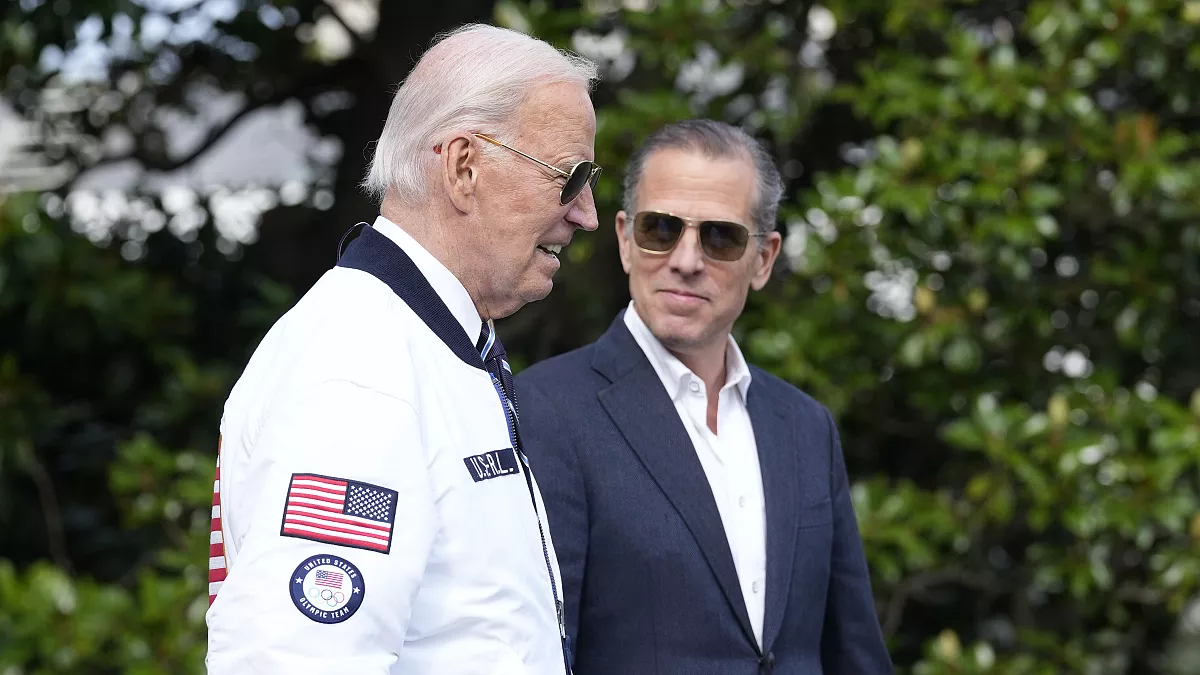In a significant and final move before leaving office, U.S. President Joe Biden has granted a pardon to his son, Hunter Biden, following his guilty plea in a tax evasion case. This decision comes after Hunter admitted to tax fraud charges in September, which could have led to a prison sentence of up to 17 years. The pardon has sparked discussions about presidential clemency, especially concerning family members of sitting presidents, highlighting the intricate relationship between politics, legal matters, and personal ties.
Hunter Biden’s legal issues have attracted considerable public and political attention, shining a light on the broader conversations surrounding presidential pardons. His guilty plea in September followed a lengthy investigation and involved charges of failing to pay taxes on significant earnings over several years. With this pardon, President Biden aims to protect his son from the harsh repercussions of the trial, a move that has elicited mixed reactions from the public and political analysts.
While some perceive the pardon as a father’s compassionate act to safeguard his son, others view it as a politically motivated decision that may invite further scrutiny and debate regarding the Biden family’s actions. The timing of the pardon, occurring in the final days of Biden’s presidency, adds another layer of complexity, raising questions about how such decisions might affect public perception and political dynamics. Hunter Biden’s legal challenges have been a contentious issue for years, and this pardon is likely to become a central point in discussions about presidential power and accountability.





